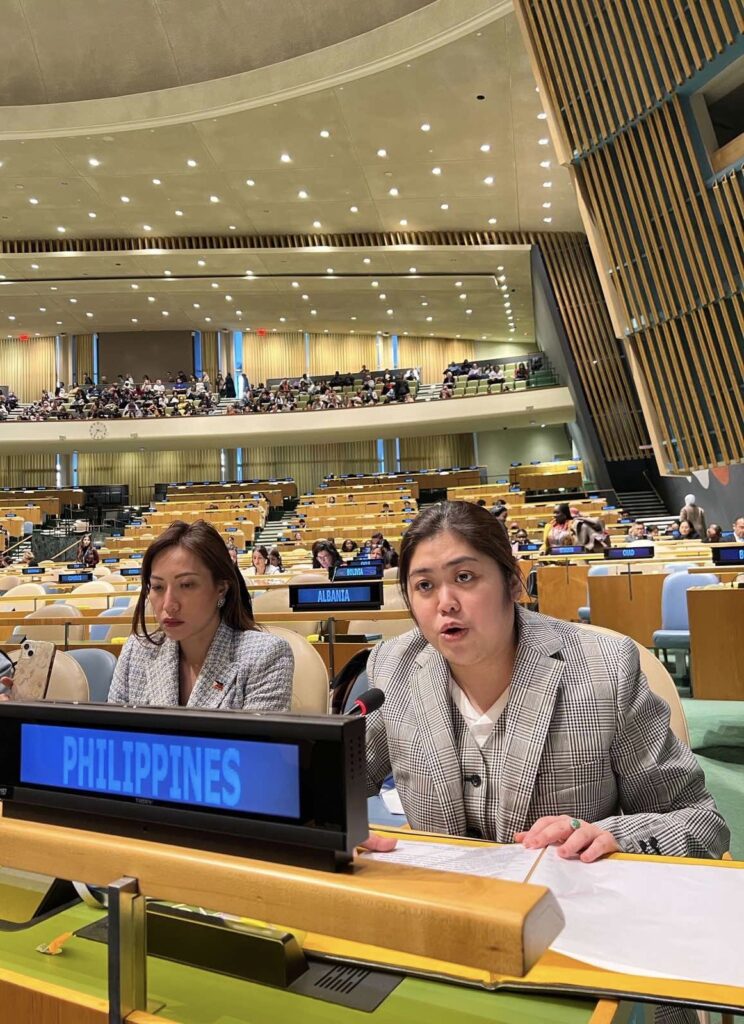As we celebrate International Women’s Month, it’s essential to recognize the strides countries like the Philippines have made in promoting gender equality in the digital space. During a recent UN meeting, the Philippines’ efforts to bridge the digital gender gap were highlighted as a beacon of hope for women around the world. Through various initiatives to empower women in technology and improve their access to digital resources, the Philippines is setting an example for other nations to follow.
In fact, at a recent United Nations Commission meeting on the Status of Women, the Philippine government’s efforts to bridge the digital gender gap were in the spotlight. Department of Information and Communications Technology (DICT) Undersecretary Anna Mae Yu Lamentillo took the stage to highlight initiatives that aim to promote digital inclusion and gender equality across the country. And it seems that these efforts are paying off – the Philippines is already leading the charge among Asian countries in closing the gender gap, according to the 2022 Global Gender Gap Report.
Lamentillo cited a host of Philippine laws and policies that create an enabling environment for women and girls to thrive, such as the Magna Carta of Women and the Safe Spaces Act. And, to ensure that women are not left behind in the digital age, the DICT has been rolling out programs such as Free Wi-Fi for All, Tech4ED Project and DigitalJobsPH Program. These initiatives aim to improve access to technology and digital skills training in rural areas, expand the IT-BPM sector, and strengthen local economies.
“These policies shape the programs that the Philippine government invests in to ensure digital inclusion and gender equality. Our Department of ICT has been implementing programs aimed at bridging the digital divide and digital gender gap,” she added.

Photo provided by DICT
But Lamentillo stressed that there is still work to be done. In collaboration with the Philippines Statistics Authority, the DICT recently conducted the Women and ICT Development Index (WIDI) Survey 2022, the first-ever national survey that aims to generate indicators on how women can access and use ICTs. The survey will provide a comprehensive evidence base for more gender-responsive ICT policies, plans, and programs.
“While there are barriers that need to be addressed, the Philippines already has the advantage. The Philippines still leads among Asian countries in terms of closing the gender gap, based on the 2022 Global Gender Gap Report where we placed 19th in the global rankings,” she stressed.
As the world continues to innovate and change, the digital gender divide remains a pressing issue. But with the Philippine government’s commitment to digital inclusion and gender equality, we can hope for a future where every individual, regardless of gender, has access to and can fully participate in the digital economy.
“Bridging the digital gender divide is crucial to achieving gender equality and promoting economic growth. Through policies, programs, and initiatives that prioritize digital inclusion and gender equality, the Philippine government is committed to ensuring that no one is left behind, that every individual, regardless of gender, has access to and can fully participate in the digital economy.





